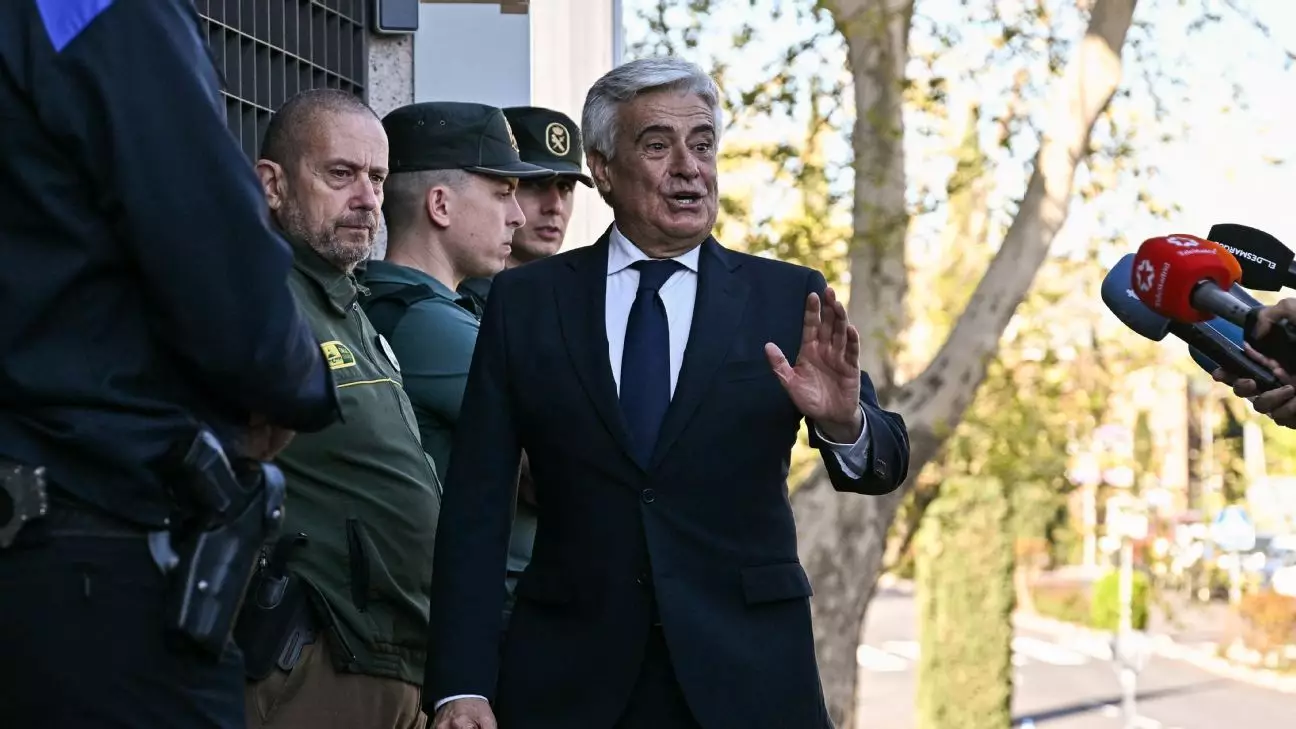The Royal Spanish Football Federation (RFEF) is set to hold its much-anticipated presidential elections on December 16, 2024, a critical juncture for Spanish football. This election comes at a time of significant turbulence within the federation, which has been without a permanent president since July, following the suspension of Pedro Rocha for two years due to serious infractions. His suspension has accentuated the urgent need for new leadership and clarity within the organization, especially considering the recent controversies that have marred Spanish football.
The RFEF’s predicament is emblematic of an organization in crisis. Pedro Rocha’s interim presidency followed the explosive resignation of Luis Rubiales, who stepped down after facing severe backlash for his unconsented behavior towards player Jenni Hermoso. This leadership vacuum has prompted international bodies like FIFA to intervene, holding high-level discussions with both the Spanish government and the RFEF to ensure timely elections. With FIFA emphasizing the need for independence in national football organizations, the pressure is mounting for the RFEF to establish a leadership that can restore its credibility.
The Road Ahead for Spanish Football
Beyond the immediate concern of electing a president, broader implications are at stake. Spain’s national football team could face dire consequences, including the potential loss of its hosting rights for the 2030 World Cup. Luis de la Fuente, the Spanish national coach, has openly expressed his apprehension about these developments, reminding stakeholders that the governance crisis could endanger Spain’s position as a tournament host. As FIFA’s Congress meeting approaches on December 11, all eyes will be on the RFEF to see if it can align itself with the international expectations of good governance.
As the RFEF grapples with these challenges, it’s important to recognize how they affect domestic competitions as well. The organization recently announced that the Spanish Super Cup will be held in Jeddah, Saudi Arabia, in January 2025, further indicating a shift in the landscape of Spanish football competitions. Real Madrid and Mallorca will clash on January 8, followed by a semifinal between Barcelona and Athletic Club. The decision to host events abroad raises questions about the federation’s priorities and its commitment to promoting domestic football.
A Call for Reorganization and Renewal
Ultimately, the forthcoming elections are not just about filling a vacant position; they represent an opportunity for renewal within the RFEF. Much must be done to rebuild trust and stability in Spanish football. The new president will need to address both internal issues and external pressures from international organizations, striving to create a more transparent and efficient governance model. The future of Spanish football depends not only on restoring reputation but also on fostering a culture that prioritizes player welfare and ethical standards. In this critical moment, the choices made will resonate throughout the sport for years to come.

